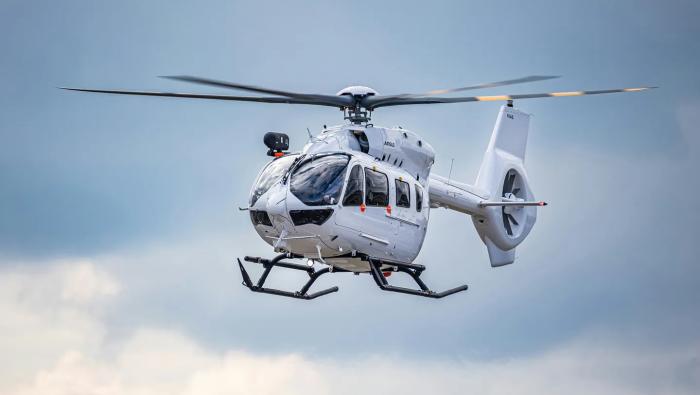Averting a strike that would have shut down offshore helicopter operations throughout much of the North Sea, 200 helicopter pilots represented by the British Airline Pilots Association (Balpa) have voted overwhelmingly to approve a massive pay raise offered by their employer, North Sea operator CHC Scotia.
Demanding wage parity with pay grades for airline pilots represented by Balpa, the CHC Scotia pilots won raises amounting to an average boost of more than $26,000 a year. The raises will be awarded in two stages spread over two years, a schedule itself representing a victory for Balpa. (Conceding to the wage increase, CHC Scotia tried to soften its blow by proposing to award it to the pilots over a 3.5-year schedule.) The helicopter operator will come across with a third pay hike, this one for 2.5 percent, at the end of the third year.
CHC Scotia, one of the North Sea subsidiaries of offshore giant CHC, services the oil production and exploration platforms owned by BP, ExxonMobil and the French consortium made up of Total, Fina and Elf. CHC Scotia’s pilots voted on the pay increase late last month. Given the substantial level of the raise, representing a 20- to 30-percent pay boost for most pilots affected, approval of the deal was pretty much a foregone conclusion before the votes were tallied.
Like the groundbreaking pay boost won by United Airlines pilots last year, the CHC Scotia/Balpa deal is expected to have a ripple effect throughout the offshore rotorcraft industry, inspiring helicopter aviators elsewhere to struggle for pay equity with their fixed-wing counterparts.







